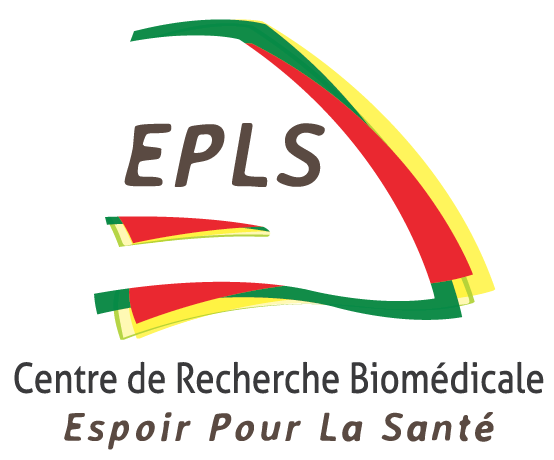Differential acquisition of human antibody responses to Plasmodium falciparum according to intensity of exposure to Anopheles bites
Sarr JB, Samb B, Sagna AB, Fortin S, Doucoure S, Sow C, Senghor S, Gaayeb L, Guindo S, Schacht AM, Rogerie F, Hermann E, Dia I, Konate L, Riveau G, Remoue F.
Transactions of the Royal Society of Tropical Medicine and Hygiene, 2012, 106(8):460-7 (PMID : 22721883)
Malaria immunity is modulated by many environmental and epidemiological factors. This study evaluates the influence of a hitherto unstudied environmental-epidemiological factor, namely the impact of human exposure to Anopheles bites on the isotype profile of acquired antibody responses to Plasmodium falciparum.

In two Senegalese villages where the intensity of exposure to Anopheles bites was markedly different (high and low exposure), specific IgG1 and IgG3 responses to P. falciparum whole schizont extract (WSE) and circumsporozoite protein (CSP) were evaluated at the peak of Anopheles exposure (September) and later (December) in a cohort of 120 children aged 3-8 years. Multivariate analysis showed a significantly lower IgG1 response against P. falciparum WSE and CSP in children highly exposed to Anopheles bites (Gankette) compared to those who were weakly exposed (Mboula). In contrast, in both villages, parasitemia and increasing age were strongly associated with higher IgG1 and IgG3 levels. We hypothesize that high exposure to Anopheles bites could inhibit IgG1-dependent responsiveness to P. falciparum known to induce protective immune responses against malaria. The impact of mosquito saliva on the regulation of specific protective immunity may need to be taken into account in epidemiological studies and trials for malaria vaccines

